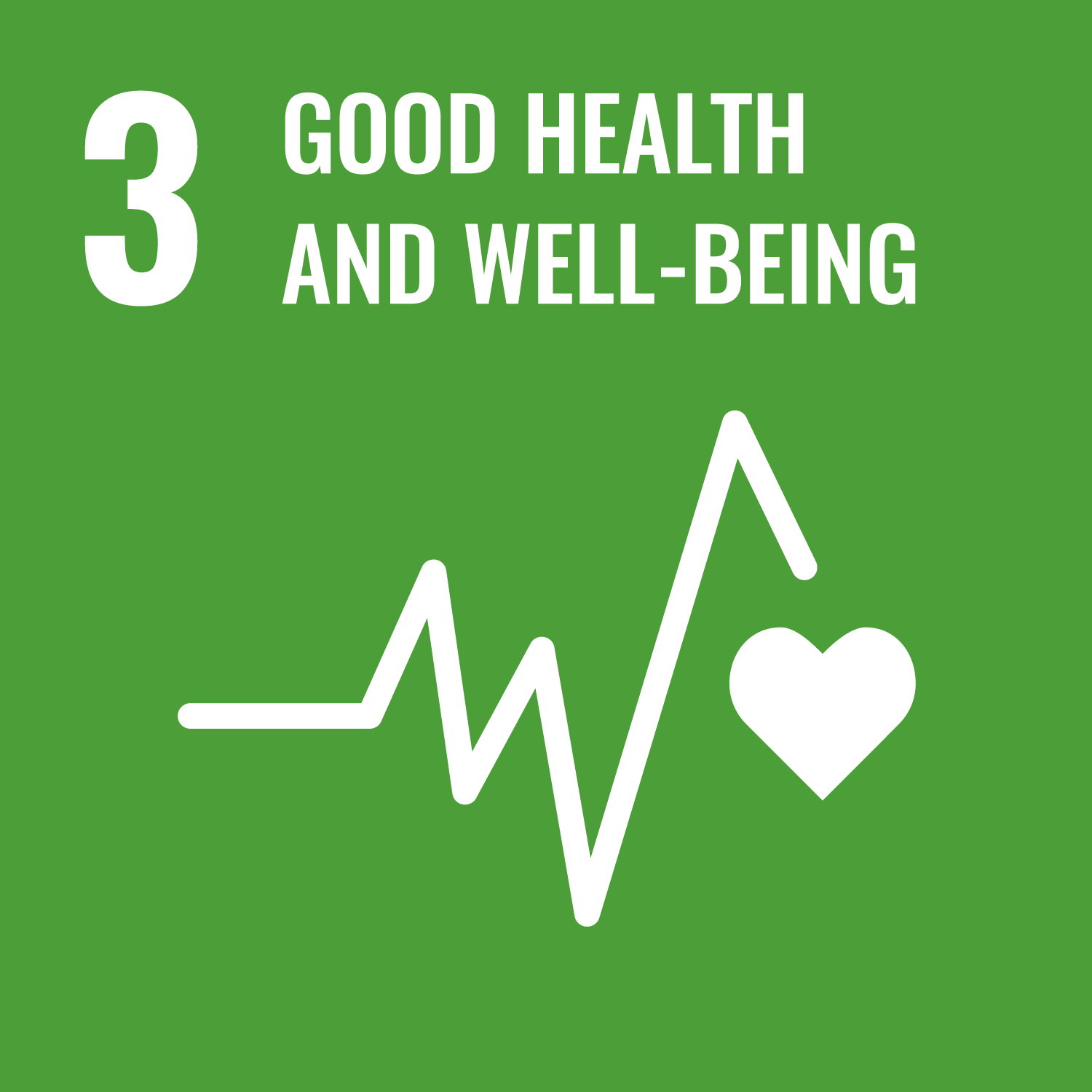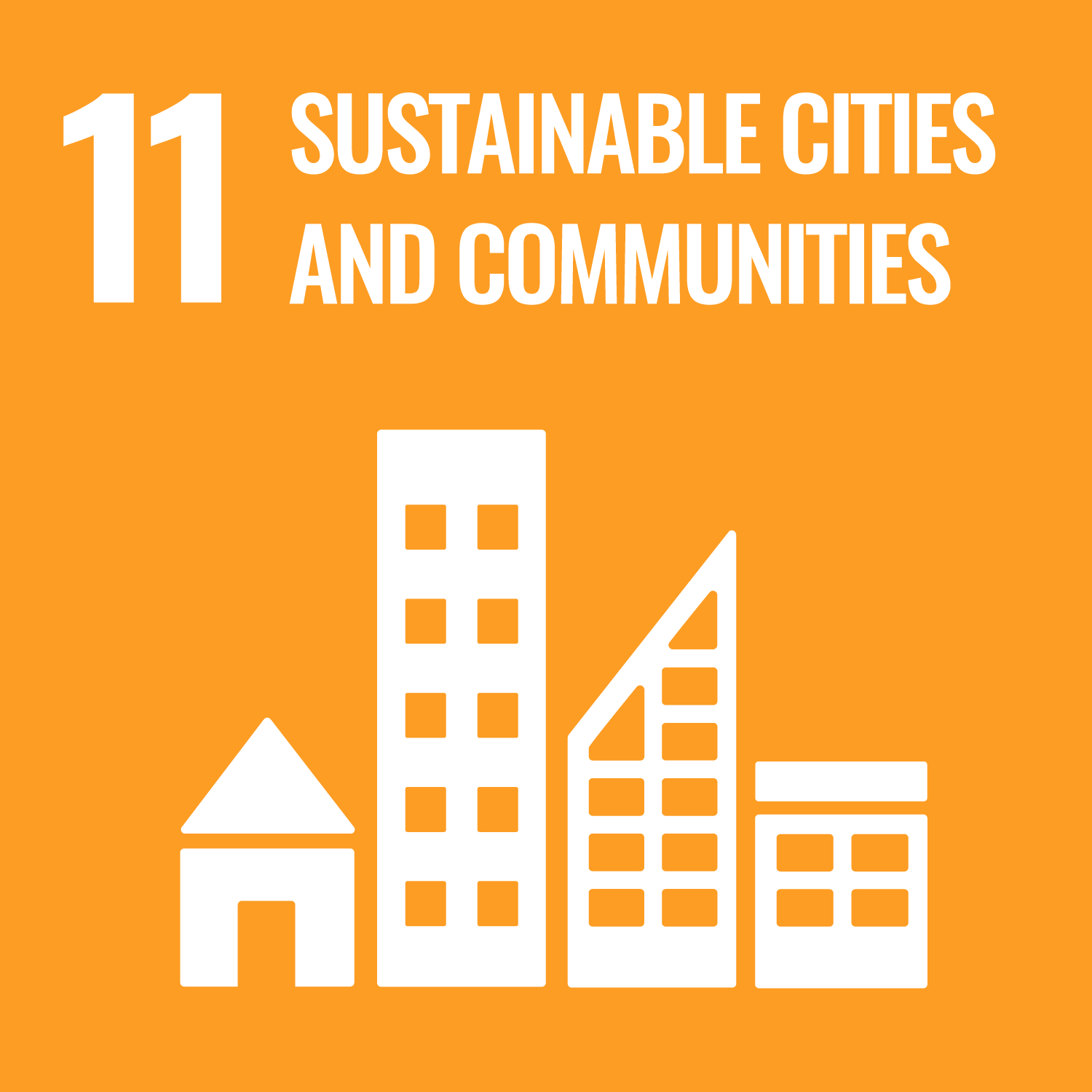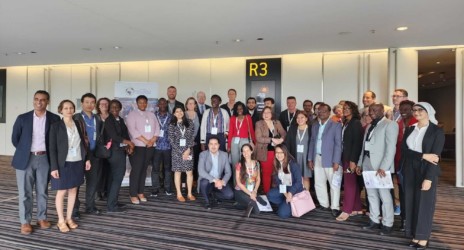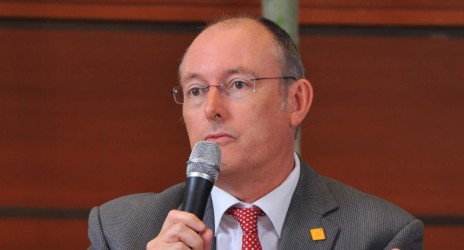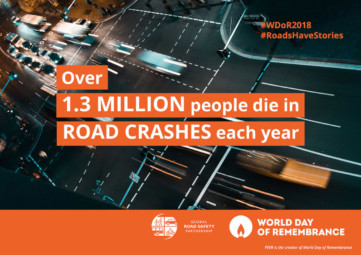Cambodian team hits the Australian highway as part of RS-10 capacity building project
You cannot miss it. The last thing you want to see on your way home from an after-work drink with your office mates. A Victoria Police “Booze Bus”, parked on the shoulder of a nondescript highway off-ramp with its flashing lights and customized floodlight illuminating a cold Melbourne night.
Warning signs tell you to “prepare to stop”, and beyond that you spot a row of traffic police brandishing breathalyzers, leaving no doubt that you are now entering a drink-driving enforcement checkpoint. You stop, roll down the window and are greeted by a smiling police officer:
“Good evening. Have you had anything to drink tonight?”
It’s a frequent occurrence on the roads of Victoria, but on this frosty night, the checkpoint is being observed with interest by senior police and transport officials from Cambodia. They are part on a study tour to Australia, sponsored by Bloomberg Philanthropies as part of the RS10 project and organized by GRSP.
One of the aims of the tour is to transfer knowledge and skills on drink-driving legislation and enforcement from Victoria and Queensland police to their Cambodian counterparts. The delegation includes four senior police and transport officials, as well as a representative from a non-governmental road safety organization – Handicap International Belgium.
“The entire checkpoint set-up is a new learning experience for me,” says Brigadier-General Him Yan, the director of Cambodia’s Ministry of Interior Order department. “The way the Victoria Police choose the checkpoint location, the orderly manner of guiding the traffic into the checkpoint, the professional interaction with citizens and the efficient way the breath test is administered, are relevant and useful skills that we can bring back with us to train our fellow traffic police in Cambodia.”
No small problem
Drink-driving is no small issue in the Kingdom of Cambodia. Road crash data shows that 18 percent of road-crash fatalities involve alcohol and the trend is increasing. 43 percent of those fatalities are between the ages of 20-29 and most of those are motorbike riders and at night, particularly between 6pm and 11pm, which is the traditional drinking time throughout the country. Not surprisingly, recent research clearly shows that drivers, particularly males, do not know about the effects of alcohol on driving behaviours, and the potential crash risks and consequences of driving under the influence of alcohol.
In the face of this surging problem, the Cambodian government has begun to act. The police started to enforce drink-driving legislation in June 2009 in Phnom Penh, and the National Road Safety Committee has worked with non-government organizations to develop drink-driving education campaigns to raise awareness on the problem.
Yet, improved drink-driving enforcement competencies in Cambodia are needed to make a real difference. “We know that drink-driving is a huge problem in Cambodia, but we lack the knowledge and resources to fight this dangerous behaviour”, says Captain Chea Hak, deputy traffic police chief of the Phnom Penh Municipality. “There is so much to do, on an issue that we do not completely understand. We hope to learn more from the Australian police.”
Since 2008, GRSP has supported the police to build their capacity through a professional development course in drink-drive enforcement. They have also provided funding, equipment such as breathalyzers and technical expertise with the aim of building up and developing a cadre of traffic police capable of conducting roadside breath testing based on intelligence-led policing. As Ray Shuey, the lead trainer and organizer of the study tour stresses, “the study tour is actually one activity in a series of steps, since 2008, designed to support the Cambodian police to continually improve on their drink-drive enforcement experience and expertise.”
Compare and contrast
A unique aspect of the study tour was the ability to compare alcohol enforcement between Victoria and Queensland. In Brisbane, the delegation observed a day-time operation, set up on a quiet leafy city street. The decision seems odd, until the delegation was told that the arena across the streets would be hosting an Australian Rules football match that very night. It’s all part of an overall strategy, as the officer in charge of the operation outlines: the location (“around the corner on a hill so motorists are committed to driving through the checkpoint”), the deterrence strategy (“we want to be highly visible to send a message of anytime, anywhere”), and the method (“six drivers at a time, and if someone is over the limit, they are required to have an evidentiary test”).
Nobody was caught over the legal alcohol limit in Brisbane, but back in Melbourne, the delegation was able to witness how the Victoria Police dealt with offenders. Drivers caught over the legal limit are escorted from their cars into the “Booze Bus” – literally a bus customized according to police specifications to provide a place where the police can process drink-driving offenders in a private and safe place. The Cambodian police were able to witness the process of testing and interviewing the offender, seeing how the evidence is gathered in a rigorous manner to be used in the court case – a particular aspect of enforcement in Cambodia that is simply not done, according to members of the delegation.
Ultimately, for the Victoria Police on this night, success was not only defined by the number of drivers caught over the legal drinking limit, but as Ray Shuey says, “the message conveyed even to those drivers who were not tested, as they drove by or were waved through, was that they were lucky. This realization may deter them next time from drinking and driving since nobody knows when and where they will be tested, and perhaps caught.”
“Anywhere-anytime-anybody,” he repeats.
The access granted by the Queensland Police Service and Victoria Police was appreciated – photographs, questions, observations were all permitted. Captain Chea Hak sums up what the road side observations means to them: “We are traffic police, we are the ones on the road in Phnom Penh trying to enforce drink-driving in our own country, and to be able to ask questions and take pictures, and see with our own eyes how the Australians do it, helps us to think about how we can improve our techniques.”
On the ride back in one of the patrol cars from the booze bus operation observations; it seems that Brigadier General Him Yan is digesting what he saw. “I feel that the methods used by Queensland and Victoria are relevant to the Cambodian context. We are attempting the same methods, but there is more efficiency and experience behind the alcohol enforcement checkpoints here. Now that I have seen it, it may be easier to analyze where we can improve.”
He will soon get the chance. In August, as part of the RS10 project, GRSP in partnership with the Ministry of Interior and Handicap International Belgium will organize a National Enforcement workshop for traffic police. Led by the study tour participants, the workshop is a change for adapt the learning from the Australian experience in anticipation of a nationwide drink-driving crackdown by the police in October 2010. “We see the lives lost because of alcohol-related crashes every day as part of our job,” says Chea Hak. “The only way to save lives is to get better at what we do as traffic police. The study tour will contribute to this goal of reducing drinking and driving in my country.” – By Ryan Duly, GRSP Asia Region
